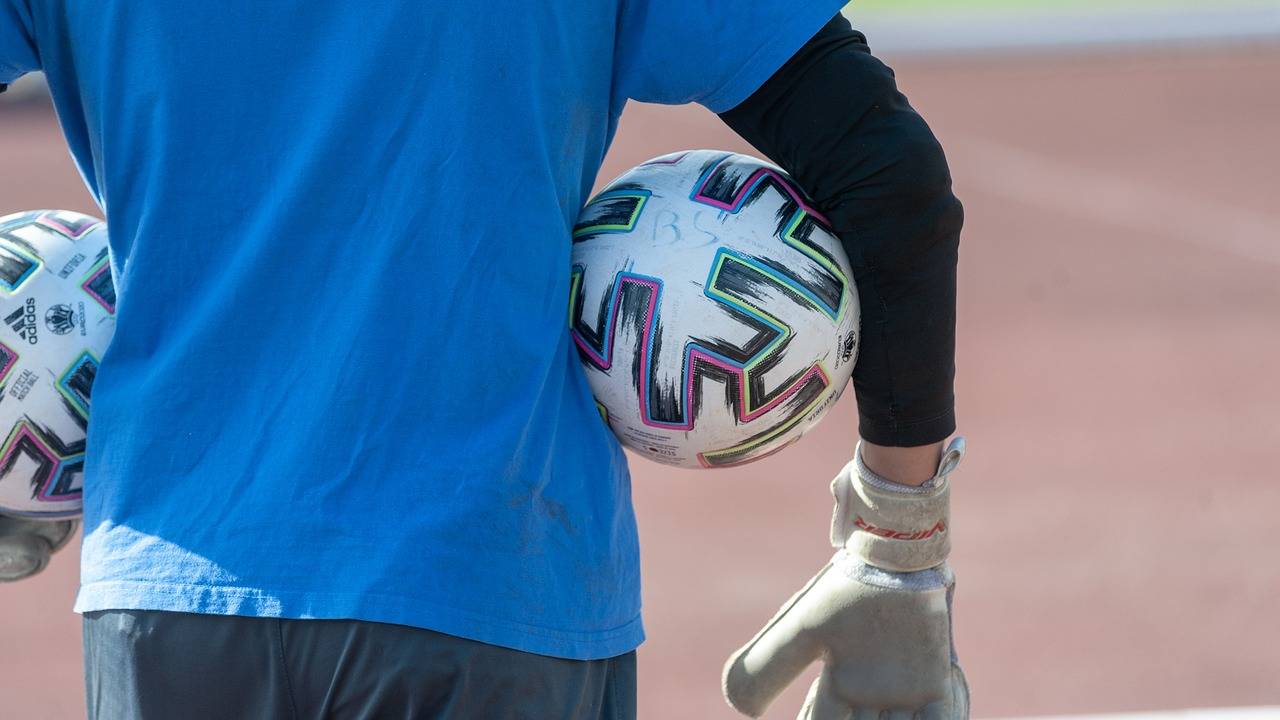Immunological Implications of Cricket Match Fixing: Diamond exch 999, Play 99 exch login, Reddybookclub
diamond exch 999, play 99 exch login, reddybookclub: Cricket match-fixing is a widespread issue that has plagued the sport for many years. While the ethical and legal implications of match-fixing are well-documented, the immunological implications are often overlooked. In this article, we will explore how match-fixing can impact the immune system and overall health of players.
The Stress of Match-Fixing
One of the primary ways in which match-fixing can affect players’ immune systems is through stress. The pressure and anxiety of being involved in a match-fixing scheme can have a significant impact on players’ mental and physical well-being. Chronic stress can weaken the immune system, making players more susceptible to illness and injury.
The fear of being caught or facing consequences for match-fixing can also lead to high levels of stress, which can further compromise players’ immune systems. This constant state of anxiety can disrupt the body’s natural defenses, leaving players more vulnerable to infections and other health issues.
Poor Nutrition and Recovery
Players involved in match-fixing may also be more likely to engage in unhealthy behaviors, such as inadequate nutrition and recovery practices. Match-fixing can create a culture of dishonesty and deception, leading players to prioritize money and success over their health and well-being.
Players who are involved in match-fixing may not receive the proper nutrition and support needed to maintain a strong immune system. Poor diet and lack of proper recovery can weaken the body’s defenses, making players more susceptible to illness and injury.
Furthermore, players who are not able to rest and recover properly are at a higher risk of burnout and fatigue, which can further compromise their immune systems. Match-fixing can create a toxic environment that encourages unhealthy behaviors and puts players’ health at risk.
The Impact on Performance
In addition to the physical and mental toll that match-fixing can take on players, it can also have a significant impact on their performance on the field. Players who are involved in match-fixing may experience a loss of motivation, confidence, and focus, which can all affect their ability to perform at their best.
The stress and anxiety of match-fixing can impair players’ decision-making skills and cognitive function, leading to poor performance on the field. This can not only harm the players’ reputations and careers but also have long-term implications for their health and well-being.
FAQs
Q: Can match-fixing impact players’ long-term health?
A: Yes, match-fixing can have a lasting impact on players’ health, particularly their immune systems. The stress, anxiety, and unhealthy behaviors associated with match-fixing can weaken the body’s defenses and make players more susceptible to illness and injury.
Q: What are the legal consequences of being involved in match-fixing?
A: Players who are caught being involved in match-fixing can face severe legal consequences, including bans from the sport, fines, and even criminal charges. Match-fixing is a serious offense that can have serious repercussions for both the players involved and the sport as a whole.
Q: How can players protect themselves from match-fixing?
A: The best way for players to protect themselves from match-fixing is to uphold their integrity and be transparent in their actions. Players should report any suspicious behavior or approaches from individuals trying to manipulate the outcome of a match. By maintaining honesty and integrity, players can help protect the integrity of the sport and their own well-being.
In conclusion, match-fixing can have far-reaching implications for players, including compromising their immune systems and overall health. It is crucial for players to prioritize their well-being and integrity above all else, as the consequences of match-fixing can be severe. By promoting honesty, transparency, and ethical behavior, players can protect themselves and the sport from the harmful effects of match-fixing.







